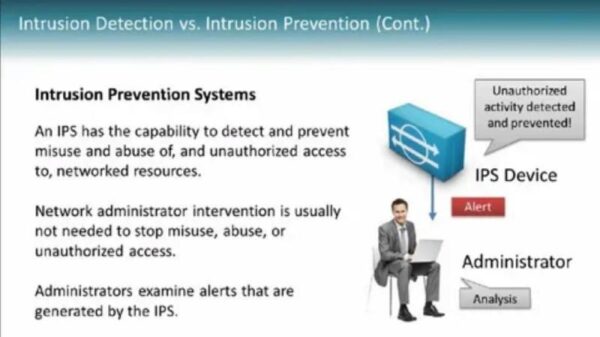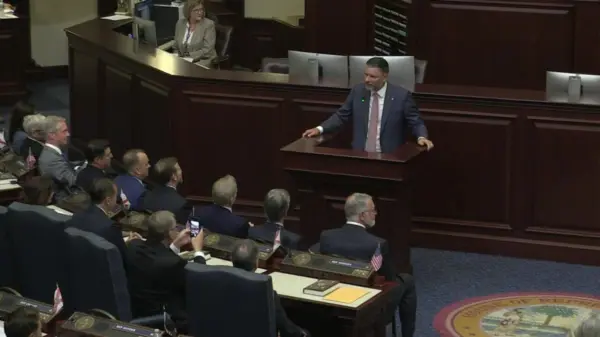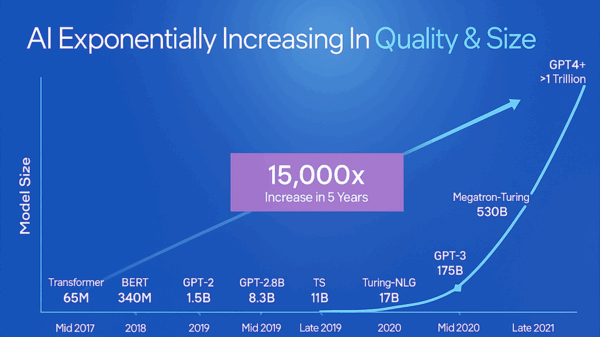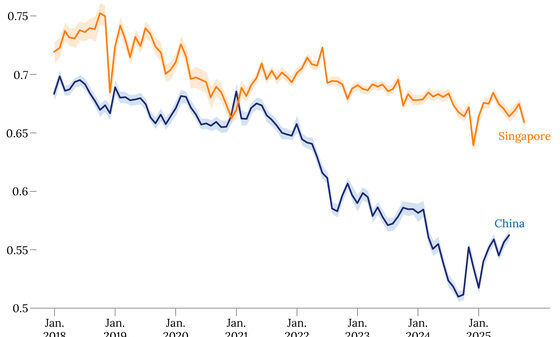In a significant move, former President Donald Trump has publicly endorsed a ban on certain AI regulations, urging lawmakers to incorporate this measure into the upcoming National Defense Authorization Act (NDAA). This proposal comes amid a backdrop of ongoing discussions regarding national security and competition with nations like China. Trump’s push for the ban reflects a growing concern about the pace of AI development and its implications for U.S. technology leadership.
Despite Trump’s support, key lawmakers are expressing skepticism about the viability of this provision. Notably, Senator Jack Reed (D-RI), the leading Democrat on the Senate Armed Services Committee, criticized the proposed legislation, labeling it a “giveaway to Big Tech” that undermines states’ rights. Concurrently, Representative Mike Rogers (R-AL), chairman of the House Armed Services panel, voiced procedural concerns, suggesting that without consensus among committees, he would oppose its inclusion. “Historically, we add things to the NDAA when the four corners of the committees of jurisdiction agree to it,” Rogers stated. “I understand that’s not the case here, which means I’m gonna have a problem with it.”
The NDAA is often a vehicle for adding unrelated priorities, making it a hotspot for negotiations as Congress aims to finalize its legislative agenda for the year. However, the controversial nature of the AI language is noteworthy, given its previous rejection by lawmakers. Earlier this year, Senator Ted Cruz (R-TX) attempted to attach a similar moratorium to Trump’s tax law, only to see the proposal stripped out in a 99-1 Senate vote. This history raises questions about the current push’s likelihood of success.
Proponents of the ban argue that state-level regulations could hinder what is perceived as an AI investment boom, which Trump framed as critical for national security. Meanwhile, lawmakers remain cautious, fearing that implementing a blanket moratorium without a comprehensive national framework might allow issues like deepfakes and AI-assisted scams to proliferate uncontrollably.
The legislative climate is tense as Congress scrambles to complete business by mid-December, with the NDAA vote anticipated soon. Staff on the Armed Services committees are currently addressing the bill’s finer points. Other contentious issues, such as housing legislation and the potential repeal of sanctions on Syria, are also under negotiation, further complicating the process.
In a potential shift, Trump has expressed willingness to consider placing the AI regulation ban in other legislative measures. The White House is also exploring unilateral actions that could deter new state laws; a leaked draft executive order suggested the administration might withhold state funding or engage in litigation through an AI Litigation Task Force. However, this executive order has reportedly been shelved, with the White House dismissing speculations surrounding it.
Adding to the complexity, the Biden administration has taken steps to eliminate federal barriers to AI development, including a “plan of action” released in July aimed at rolling back permitting requirements for data center construction. This aligns with a trend where states like California and Colorado have begun implementing their own regulations, with over half of all states enacting measures to regulate AI this year, according to the National Conference of State Legislatures.
This evolving landscape underscores the tension between state and federal approaches to AI regulation, reflecting a broader debate about the direction of AI governance. As lawmakers continue to grapple with these issues, the implications for the AI industry and its future remain uncertain.
See also Trump Advocates for Federal AI Regulation to Prevent State-Level Overreach
Trump Advocates for Federal AI Regulation to Prevent State-Level Overreach White House Executive Order Aims to Block Florida’s AI Regulation Efforts
White House Executive Order Aims to Block Florida’s AI Regulation Efforts Samsara Reveals New AI Fleet Solutions, Sees 32% ARR Growth Amid Valuation Questions
Samsara Reveals New AI Fleet Solutions, Sees 32% ARR Growth Amid Valuation Questions Trump Administration Proposes Federal AI Regulation Amid Delayed Executive Order
Trump Administration Proposes Federal AI Regulation Amid Delayed Executive Order EU AI Act Launches Comprehensive Regulations, Targeting High-Risk AI by 2026
EU AI Act Launches Comprehensive Regulations, Targeting High-Risk AI by 2026







































































